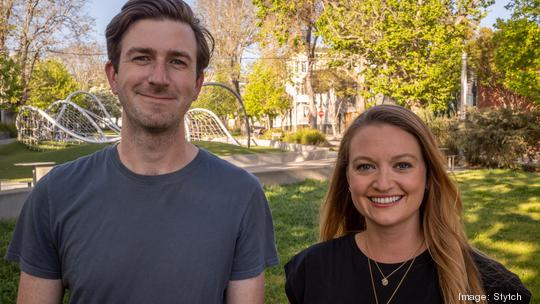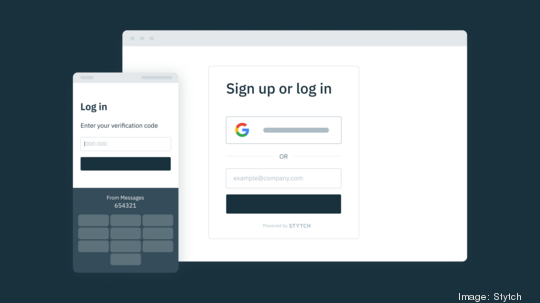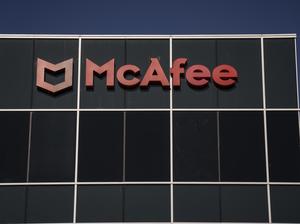
We've all done it: written down a password and then swiftly forgotten which drawer or cabinet we put the Post-It note in. Maybe having no passwords at all would be better?
Stytch thinks so. The San Francisco startup just raised its third round this year and skyrocketed to a $1 billion valuation.
Founded in 2020 by CEO Reed McGinley-Stempel and CTO Julianna Lamb, the company creates passwordless authentication options for businesses to integrate into their products. Instead of managing dozens of passwords, users could be offered options like magic email links, biometric scans or codes sent via texting and chat apps.
The startup announced a $90 million Series B on Thursday led by Coatue Management with participation from Benchmark Capital, Thrive Capital and Index Ventures. It also raised a seed round and Series A earlier this year, bringing its total funding to $126.3 million. At the time, TechCrunch reported that its Series A valued it at "north of $200 million."
McGinley-Stempel and Lamb previously worked at Plaid, another local fintech platform, and noticed that there were a lot of problems with passwords. There's the obvious security risks that come from using the same password for multiple accounts (because humans are lazy) but there's also a downside for user engagement.
Asking new users to go through multiple steps to sign up for a service, including password creation, causes a lot of people to think “oh, never mind” and abandon the process. Simplifying the process by eliminating password creation altogether helps with retention.
"When you think about the internet, people say there's a trade-off between security and usability,” McGinley-Stempel said. “We actually think passwords are one of the few areas where that's not true, because it's both bad from a security perspective, but also a usability perspective.”
Password managers have gotten more popular, but they still put the burden of security onto end users. McGinley-Stimpel uses 1Password, which was founded in 2005, for all of his accounts that still require passwords.
“We still live in a partially password-dominated world,” McGinley-Stempel said, but there's still very low adoption rates. “It's something like in the 5-10% range of Americans that actually reliably use a password manager.”

To eliminate the need for passwords altogether, Stytch offers eight products delivered via APIs or ready-to-use drop-in modules that include authentication methods such as magic links and WhatsApp codes. It also just launched a WebAuthn option that allows biometric authentication on desktop computers and also works with hardware like a YubiKey.
"This was a tool that we wish we'd had" at previous jobs, Lamb said. "We were both sort of frustrated with this experience of building authentication, and I think the words that we said were, ‘Why isn't there Stripe for authentication?’ Something that's really easy to integrate, very developer first. And then we also have this unique perspective that passwords are both a security issue as well as a user experience issue. We see next generation companies starting to move passwordless, and so we think that's where the future of authentication is moving.”
Stytch charges customers 10 cents per user monthly and also offers customized enterprise pricing. The company has 27 employees — already triple its headcount at the beginning of the year — and wants to grow the team to 130 to 150 people over the next year or so.
And who knows, maybe getting rid of passwords will speed up the arrival of the metaverse.







